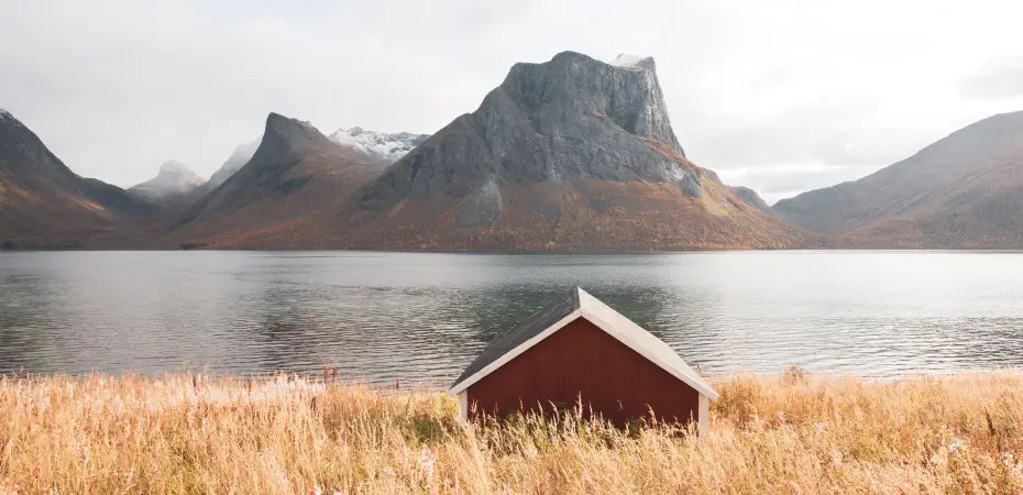Nordic countries are leaders in developing robust social safety nets and healthy communities.
While a step in the right direction these Nordic bastions of social democracy should be looked at as just a step nonetheless.
The Nordic model for anyone even slightly to the left has been a primary example of how a welfare state mixed with robust measures for collective bargaining, including interlocking arrangements with government, trade unions and corporations, leads to healthier, happier, highly-educated populations.
For the right that sees a laissez faire approach to the market as a vehicle for those outcomes, the Nordic bloc — Norway, Sweden, Finland, Iceland, Denmark — has been something of an annoying blot, keeping much of the Keynesian consensus alive to their success.
It’s worth a quick survey of the successes of these nations.
Finland, which has an entirely free public education system from preschool to post-secondary, even including meals at the university, has consistently ranked amongst the top nations in the world in education indexes. And when things such as mandatory maternal packages with books whenever a child is born as well as the fact that parent’s incomes don’t matter an iota when it comes to the education a child will receive are accounted for, it’s not too controversial to say Finland has the best education system in the world.
Norway nationalized their oil and gas industry in the government enterprise, Equinor, which controls 60 per cent of production on the Norwegian continental shelf. Having that kind of control means the process of moving to renewables will be much easier as it’s a unilateral move, unencumbered by private monopolies lining their pockets and waiting for the other guy to get out first leaving a movement to renewables in a stale-mate which the world simply can’t afford to be at the cost of. In 2016, Equinor ranked fifth in terms of respect for arctic Indigenous peoples’ rights out of 92 oil and gas companies, a respect that the private hands on the Keystone XL Pipeline in North America which continues to spur multiple protests from Indigenous nations, has failed to consider.
While no utopia in this respect with fairly extensive waiting lists to get a home, Sweden has half of its population living in public housing which are owned by municipalities. This comes with a series of benefits, foremost of which is that with the large municipal supply of housing, the population can more directly influence how housing policy functions. That means far less cut-throat landlords. While still relatively expensive, rent in Sweden is, on average, significantly cheaper than in the United States.
Sweden also touts a decentralized, mostly public universal healthcare system which has some of the highest health outcomes in the EU. While on the topic of healthcare, all the Nordic countries have largely free public healthcare with some minor copayments when visiting GPs and getting prescriptions and certain services. This model has the Nordic countries ranking among the highest in the world in terms of healthcare.
In terms of law and order, Norway presented a series of reforms to their prison systems in the 1990s when they had recommitment percentages similar to that of the United States (roughly 70 per cent). With reforms that outlawed life-sentences, the maximum amount of time being 21 years regardless of the crime, and humane prisons cells, some of which look like nice dorms, the recidivism rate reached a low of 20 per cent by the 2020s. In Denmark, the open prison system which allows inmates to leave the prison to see family, visit work, and go to school so long as they return under a strict curfew, has led to low levels of recidivism as well.
And the list goes on.
It’s undeniable these social democracies have done a number of things right, most importantly maintaining state interventionism to support the population in the most important sectors for well-being.
A common retort by the right is that the Nordic model’s success has largely to do with social cohesion and tight cultural ties of cooperation and equality. The fact that Sweden was amongst the most unequal European countries in the late 19th century should dispel any beliefs that there’s just something special in the drinking water north of Europe.
With all that being said, the Nordic model is still a step. To move to a more socialist model of governance, where workplaces are incentivized to democratize as well as moving to renewable energy is pursued with the urgency befitting that project, what we observe in these north European enclaves of social democracy is a good model for renewing the premium put on state intervention for important aspects of society—health, education, housing. However, one shouldn’t obfuscate that compared to other OECD countries, the Nordic countries have seen a relatively high level of income inequality since the 1980s. Luckily, lots of this income is redistributed through the more sane tax brackets in these countries.
Regardless, the Nordic model ought to be something leftists in North America continue to pitch as a stepping stone to a more equitable society.


